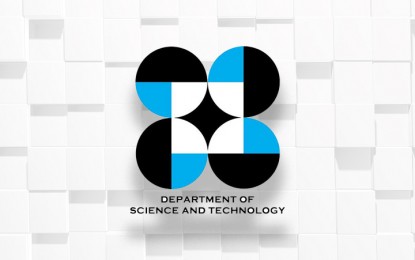
BURGOS, La Union – This town has received a dual drum composter machine and two multi-purpose bio-shredders from the Department of Science and Technology in Ilocos Region (DOST-1) under the Community Empowerment through Science and Technology (CEST) program.
In a statement on Thursday, Provincial Science and Technology Office La Union director Jonathan Viernes said the distribution of the waste management technology aims to encourage the preservation of the environment in the town.
“Dual drum is a small-scale composting machine developed by the DOST to cater to the small volume of biodegradable waste from the communities. This can be an alternative to solid biodegradable waste management of barangays, schools, canteens, restaurants, and other food processing firms,” he said.
Training on the operation and maintenance of the dual drum composter machine was also held.
Burgos town Mayor Delfin Comedis Jr. expressed his gratitude to DOST-1 for providing machines that will help their municipality in environmental protection and conservation.
“Nagpapasalamat kami sa DOST sa walang humpay na tulong at suporta na ibinibigay niyo sa amin lalong-lalo na sa machine na makakatulong upang mapabilis ang pag compost ng mga nakokolekta namin na nabubulok na basura (We thank the DOST for their help and support especially with the machine that will be a big help in decomposing wastes),” he said.
Meanwhile, the DOST Ilocos regional office has also conducted a blended planning with representatives from the LGU-Bolinao and Dagupan, Technical Education And Skills Development Authority Pangasinan Provincial Office, Pangasinan State University, Universidad de Dagupan, Bureau of Fisheries and Aquatic Resources Provincial Fisheries Office–Pangasinan as part of the CEST program.
Engineer Arnold Santos, Provincial Science and Technology Pangasinan director, said the planning aims to pinpoint workable initiatives and projects that will have an impact in their communities.
“In order for the group to craft a plan, define the roles of stakeholders and identify necessary interventions for the implementation. Following the planning phase of the program, the stakeholders determined the appropriate training, activities, and interventions based on the needs, issues, and opportunities identified in their communities,” he said.
He added that the DOST will continue to provide science and technology interventions to more disadvantaged and marginalized sectors to build empowered, progressive, and resilient communities in the region. (PNA)
